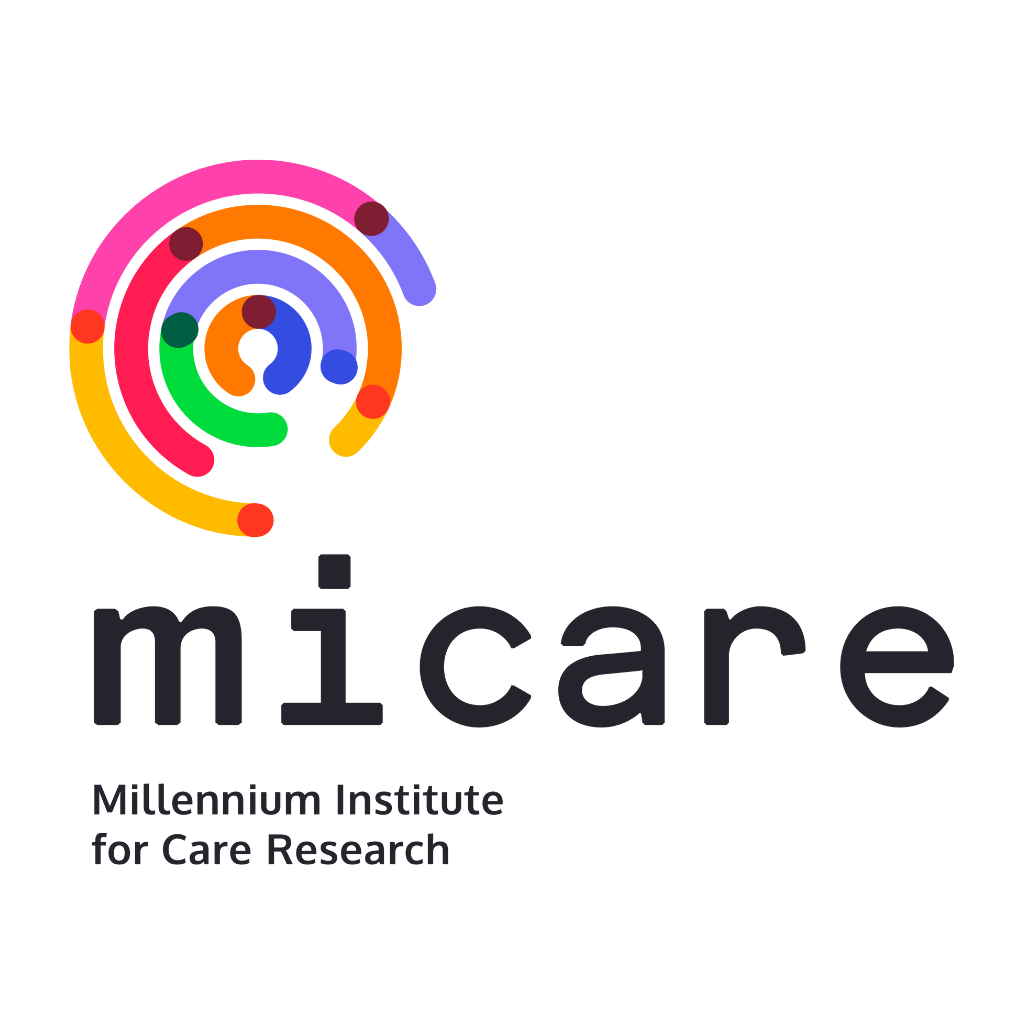Article by Pablo Villalobos (MICARE adjunct researcher), Jorge Browne (MICARE young researcher), Trinidad Alliende, Josefa Palacios, and Isabel Contrucci.
This publication aims to understand the factors that explain the inclusion of long-term care in the Chilean political agenda during the last presidential elections, where 5 of the 7 candidates highlighted its importance and designed policies to address it.
A two-step qualitative research design was conducted, using a case study approach.
Main findings:
The results showed that the availability of national data on long-term care needs helped to highlight the problem and acted as a facilitator for its promotion.
International organizations and the experiences of other countries served as policy entrepreneurs; and four events—the feminist movement, the social breakdown with the constitutional process, and the COVID-19 pandemic—propelled the appearance of long-term care on the political agenda.
The case of Chile serves as an example for other countries facing similar problems, fostering the global debate on the increase in the need for long-term care.

